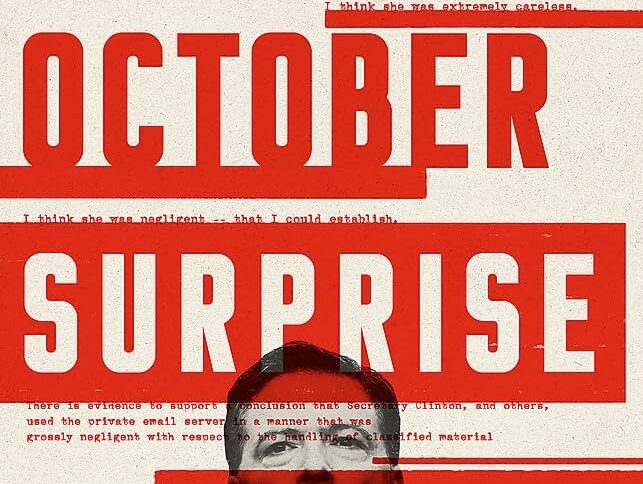In 1920, a perceptive British correspondent titled a book he’d just written about the conflict that had so recently laid waste to much of Europe, The First World War. And indeed, there was plenty of evidence that the stones had been laid for yet another global conflagration. Germany, carved up by the victorious allies in the Treaty of Versailles, was descending into political and economic chaos under the humiliating defeat and impending weight of war reparations. In Italy, Benito Mussolini’s fascists were terrorizing towns and beating up labor leaders. In Russia, the Bolsheviks were mopping up Western-supported forces in its civil war, even as Ukraine declared its independence. In Paris, meanwhile, the League of Nations gathered for its inaugural session—without the participation of the U.S., the world’s foremost industrial nation, thereby virtually dooming it to irrelevance.
Americans, repulsed by the meaningless horrors of trench warfare, wanted to rid themselves of Europe’s endless internecine barbarism. Barrelling into the 1930s, the so-called “waves of the future”—Soviet Communism, Italian Fascism and German National Socialism—seemed only a prelude to something worse on the continent. In Japan, the wreckage of Europe’s colonial powers gave the emperor’s militarists the confidence that they had a free hand in the Far East, starting with China.
This sweep of history is addressed superbly by historian Mark Stout in World War I and the Foundation of American Intelligence. He offers not only a profound work of scholarship that illuminates the origins of today’s U.S. intelligence community, but he puts this larger canvas to good use to reveal much that’s generally unknown about America’s rise to global primacy.

